Temporary shutdown of Subaru factory in Thailand, impacted by Chinese cars?
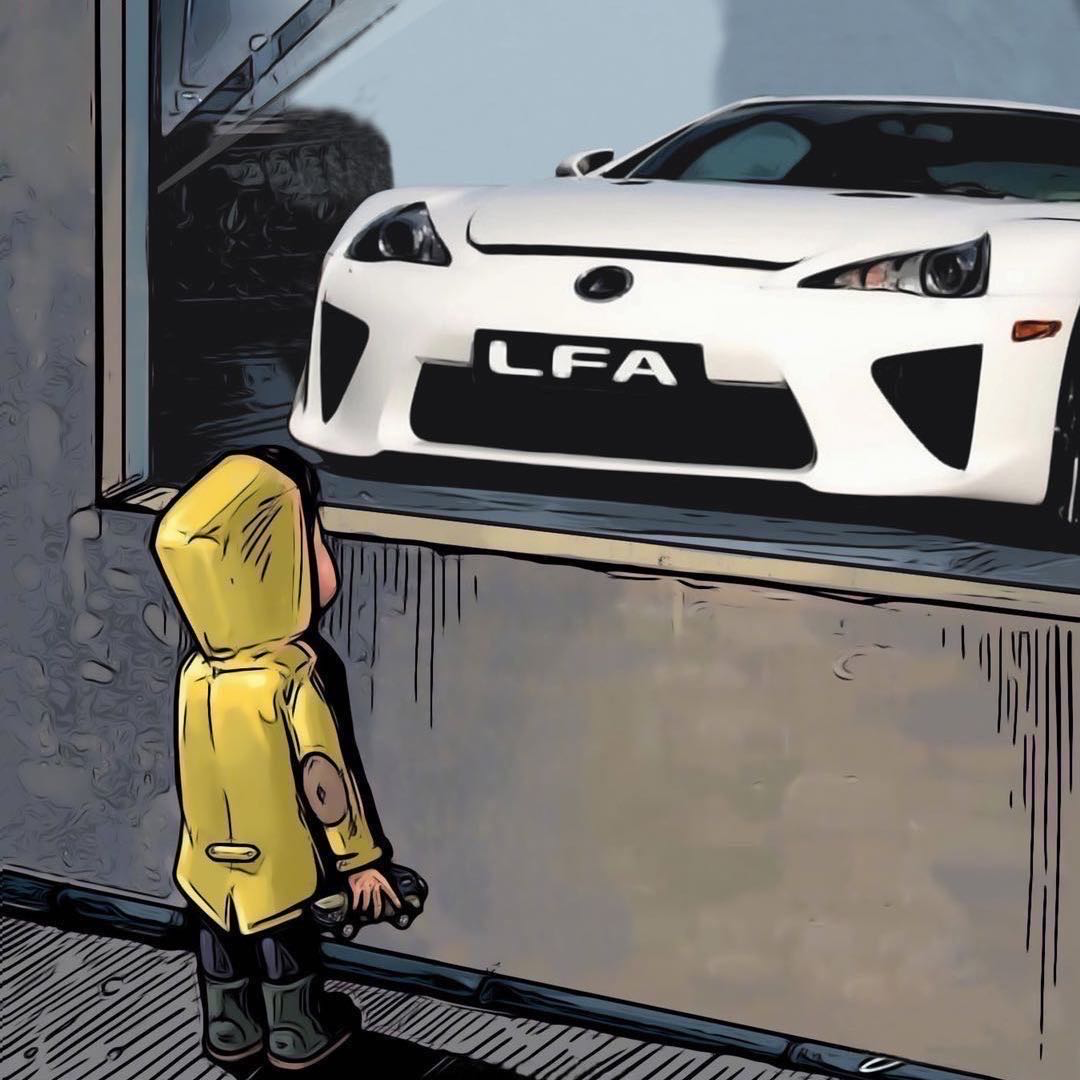 LienMay 30, 2024, 03:50 PM
LienMay 30, 2024, 03:50 PM
Recently, Subaru announced a temporary halt to vehicle production in Thailand. This decision comes against the backdrop of challenges facing the automotive industry, with production costs becoming an important consideration. Nevertheless, the joint venture between Subaru and the Tan Chong Group has not been shut down, just a temporary cessation of car manufacturing activities in Thailand.
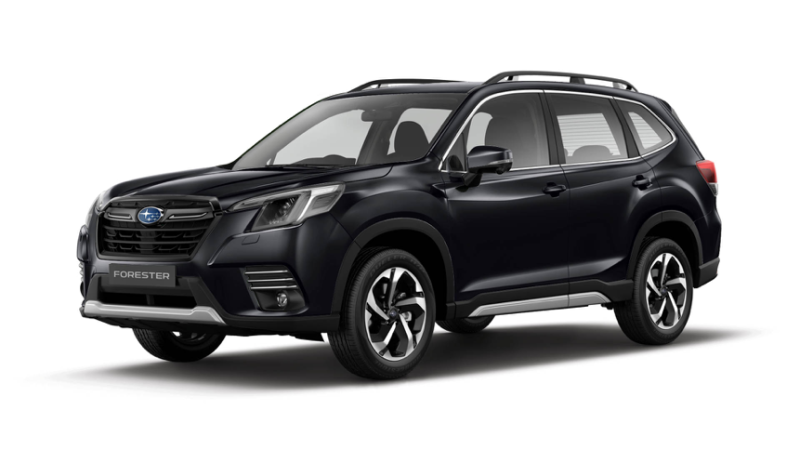
Here are the details on Subaru's temporary cessation of production in Thailand:
Firstly, it is important to clarify, Subaru's factory in Thailand has not been shut down or gone bankrupt. The joint venture factory in Thailand between Subaru Japan and the Tan Chong Group will continue to operate. According to the plan, the current Forester model will continue production until December 31, 2024, and approximately 200 employees will continue to work until the end of the year to complete the remaining CKD (Knock Down) vehicle production.
The main reason for Subaru's temporary suspension of production in Thailand is that compared to imported electric vehicles from China, the production costs are too high and no longer competitive. Continuing production would result in inventory accumulation and the need to offer substantial discounts to drive sales. Subaru believes that pausing production is the wiser choice in the current market environment.
Against this backdrop, Subaru has decided to change its market strategy, focussing on customer groups who truly appreciate the joy and safety of driving. In the future, Subaru will import new models from Japan for sale, although this means that prices will increase due to import taxes, Subaru hopes to enhance brand value and attract core user groups through this strategy.
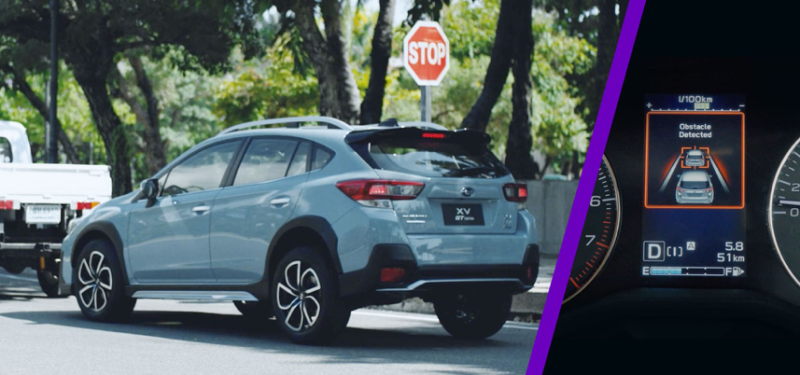
This decision by Subaru reflects its quick reaction to market changes and a repositioning of brand and consumer value. Subaru and the Tan Chong Group hope that this strategy will drive the joint venture toward sustainable growth in the future. Starting from 2025, Subaru will sell Complete Built Up (CBU) vehicles imported from Japan in the Thai, Vietnamese, Malaysian, and Cambodian markets, enabling it to launch new products to the market faster and strengthening its brand position in the high-end market.
For the Thai market, Subaru has always had a good reputation in terms of technology and driving quality. This brand value will continue to attract Subaru fans in Thailand. Subaru's dealers in Thailand will continue to provide reliable after-sales services, ensuring customer satisfaction, even if new models will be imported from Japan, the quality of service will remain unchanged.

Despite the inconvenience caused by the production suspension, Subaru has made proper arrangements for its employees. Around 200 employees will continue working till December 31, 2024, to complete the remaining CKD production. Subaru and Tan Chong Group promise to provide suitable severance schemes for these employees and help them find new job opportunities afterward.
Overall, Subaru's decision to suspend production in Thailand is mainly based on the following:
- Dealing with high production cost: Compared with electric cars imported from China, the local production cost in Thailand is excessively high, making it uncompetitive.
- Market strategy adjustment: Subaru will focus on its core customer groups and import models from Japan in the future to enhance brand value.
- Employee arrangements: Provide suitable severance schemes for affected employees to ensure their interests are protected.
This decision signifies a major adjustment in Subaru's strategy in the Southeast Asian market. Although there may be some challenges in the short term, in the long run, this strategy will help Subaru maintain competitiveness in the fiercely competitive automobile market and continue to provide high-quality products and services to consumers.
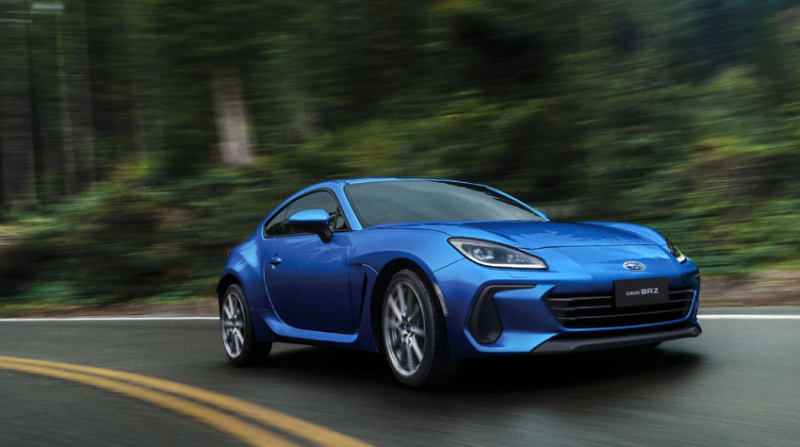
For Subaru's fans and potential customers, although the price of future models may increase, Subaru is still committed to providing a high-quality driving experience and reliable safety performance. It is hoped that through this market strategy adjustment, Subaru can continue to win the favor and trust of consumers in the Southeast Asian market.
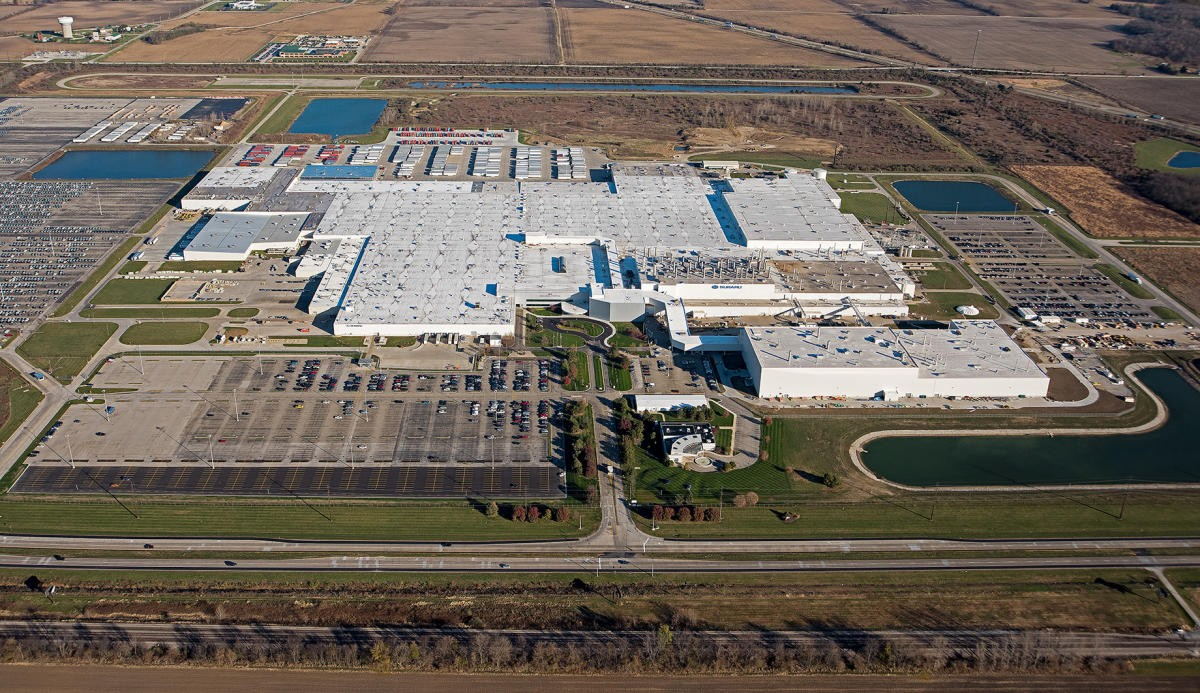
This market strategy adjustment marks a significant transformation of Subaru in Southeast Asia. Starting from 2025, Subaru will sell CBU models imported from Japan in Thailand, Vietnam, Malaysia, and Cambodia. This change will lead to higher prices, mainly due to the impact of import taxes. Preliminary estimates suggest that the price increase could range between 10% and 15%, or roughly RM6,000.
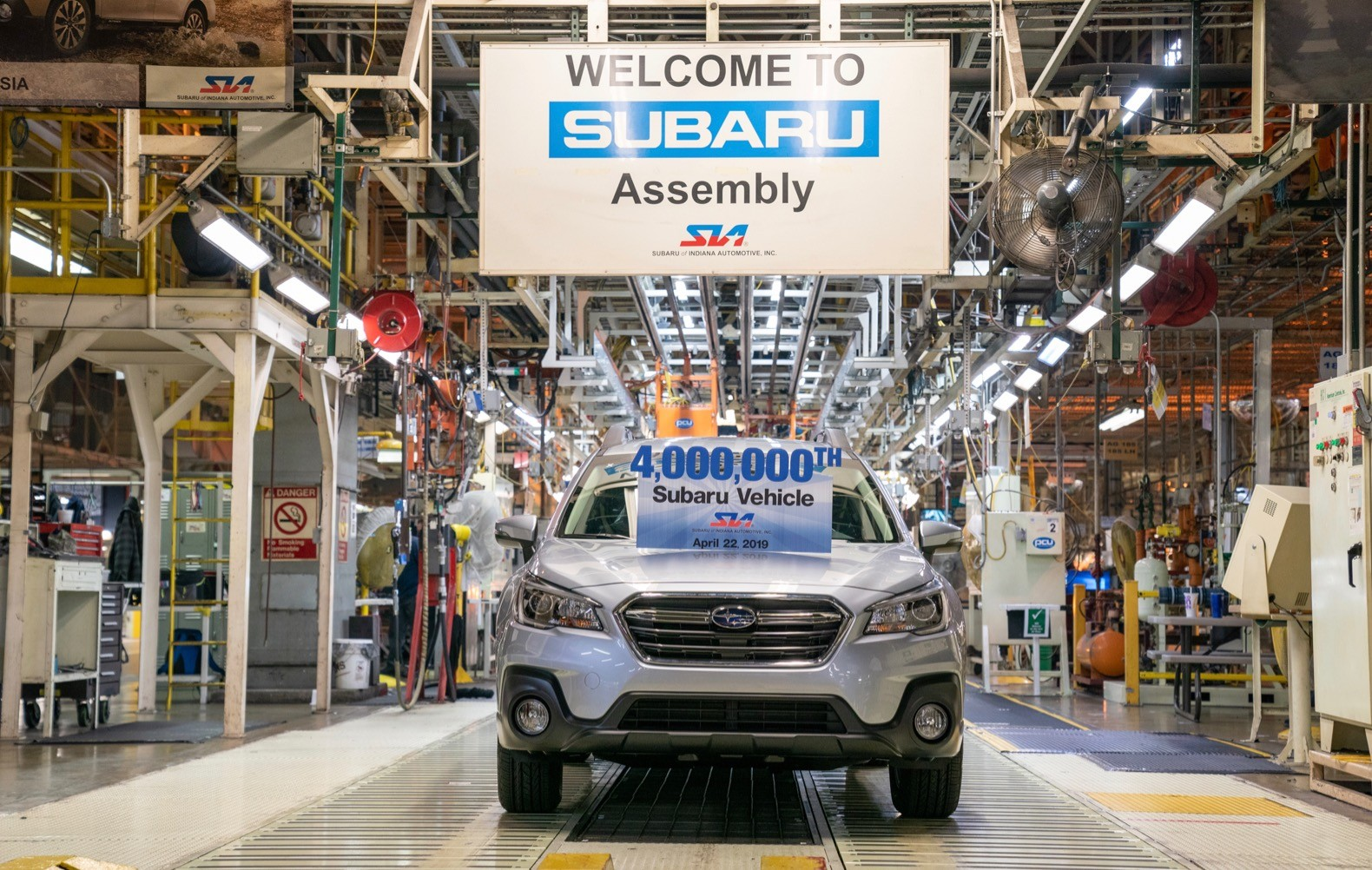
Despite the price increase, Subaru believes that by enhancing brand value, it can maintain its position in the high-end market. Thai consumers have always recognized Subaru's technology and driving quality, and this advantage will continue to attract loyal fans. The dealer network will remain stable, providing reliable after-sales services to ensure that customer satisfaction is not affected.
For example, in the Thai market, Subaru's after-sales services include regular maintenance and warranty support, and these measures will continue to strengthen consumer trust.
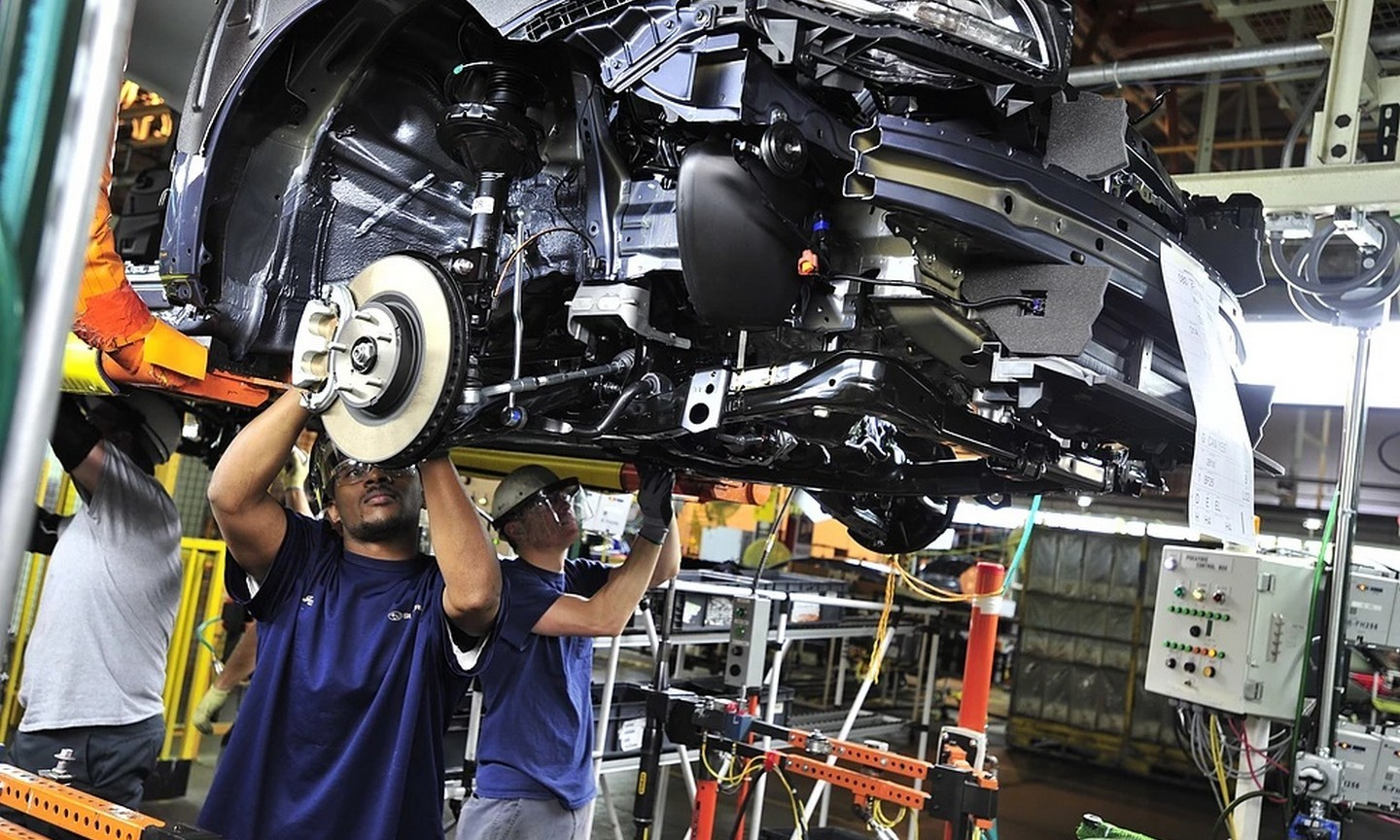
Employee arrangement is a crucial part of Subaru's decision-making. About 200 employees will work until the end of 2024 to complete the remaining production tasks. Subaru and the Tan Chong Group have promised to provide a comprehensive redundancy package, including financial compensation and re-employment support.
The specific plan involves training programs to help employees switch to new positions in other industries or joint-ventures. For instance, employees can receive a redundancy payment equivalent to three months' salary, approximately RM11,000, and participate in career guidance services.

This transition period aims to minimize social impact and ensure that employees smoothly enter new jobs. Subaru emphasizes that this arrangement reflects respect for employees and is also part of corporate social responsibility. In the local Thai community, Subaru's measures have received positive feedback, which helps maintain the brand image.
Chinese imported electric vehicles are becoming increasingly competitive in Southeast Asia. The Thai government has introduced tax incentives to encourage the import of electric vehicles, enabling Chinese brands such as BYD and MG to enter the market at lower prices. For example, the average selling price of Chinese electric vehicles is more than 20% lower than that of locally assembled models, equivalent to a savings of about THB100,000 or RM12,000.
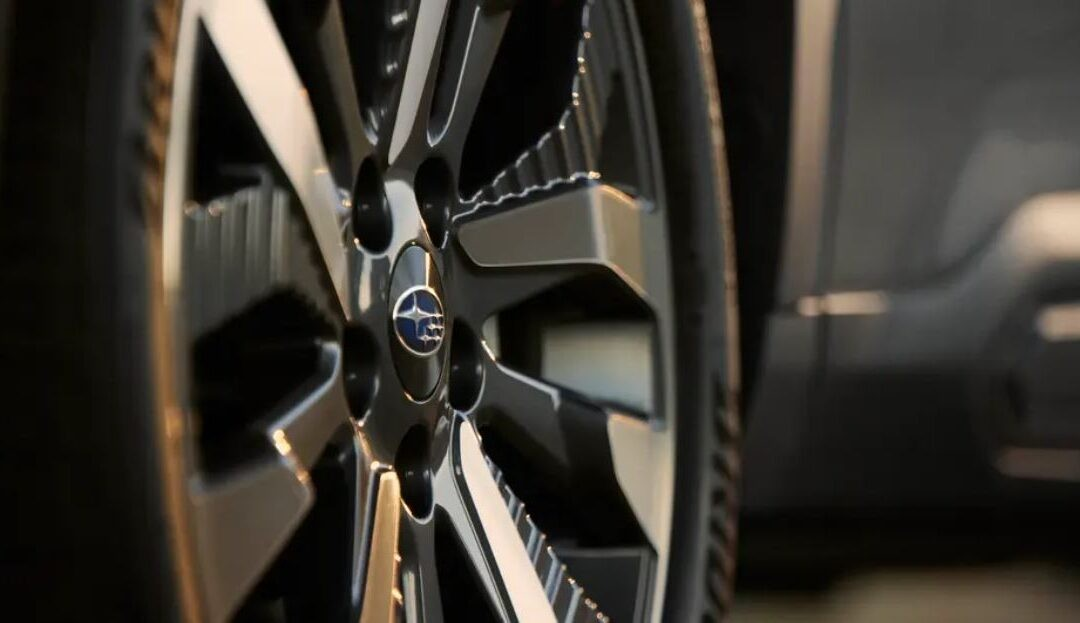
Subaru's decision to suspend production is a quick response to this trend to avoid long-term losses. At the same time, Subaru will use the import strategy to speed up the launch of new products. Future models may include electrified versions, such as the rumored Subaru electric SUV, to keep up with the global electric vehicle wave.
In Vietnam, Malaysia, and Cambodia, Subaru's import plan will be implemented simultaneously, leveraging Japan's production efficiency to shorten the time to market. This helps Subaru remain agile in the regional market and cope with competitive pressures.
Consumers may be worried about the price increase, but Subaru's core customer base still supports the brand. Members of the Thai Subaru Club have reported that they value the driving experience and safety performance of the vehicles and are willing to pay a premium for imported models.
In fact, Subaru's strategic adjustment is a wise move to avoid a price war with Chinese electric vehicles. In the Malaysian market, the production line of the Subaru XV has been switched to the GAC brand, which means that all new cars in Southeast Asia will be imported from Japan. Although the price increase is a fact, Subaru can maintain its market share by strengthening marketing and emphasizing its all - wheel drive technology and crash safety ratings. For example, in Thailand, Subaru plans to hold test-drive events to showcase the superior performance of imported models and offset the price disadvantage.
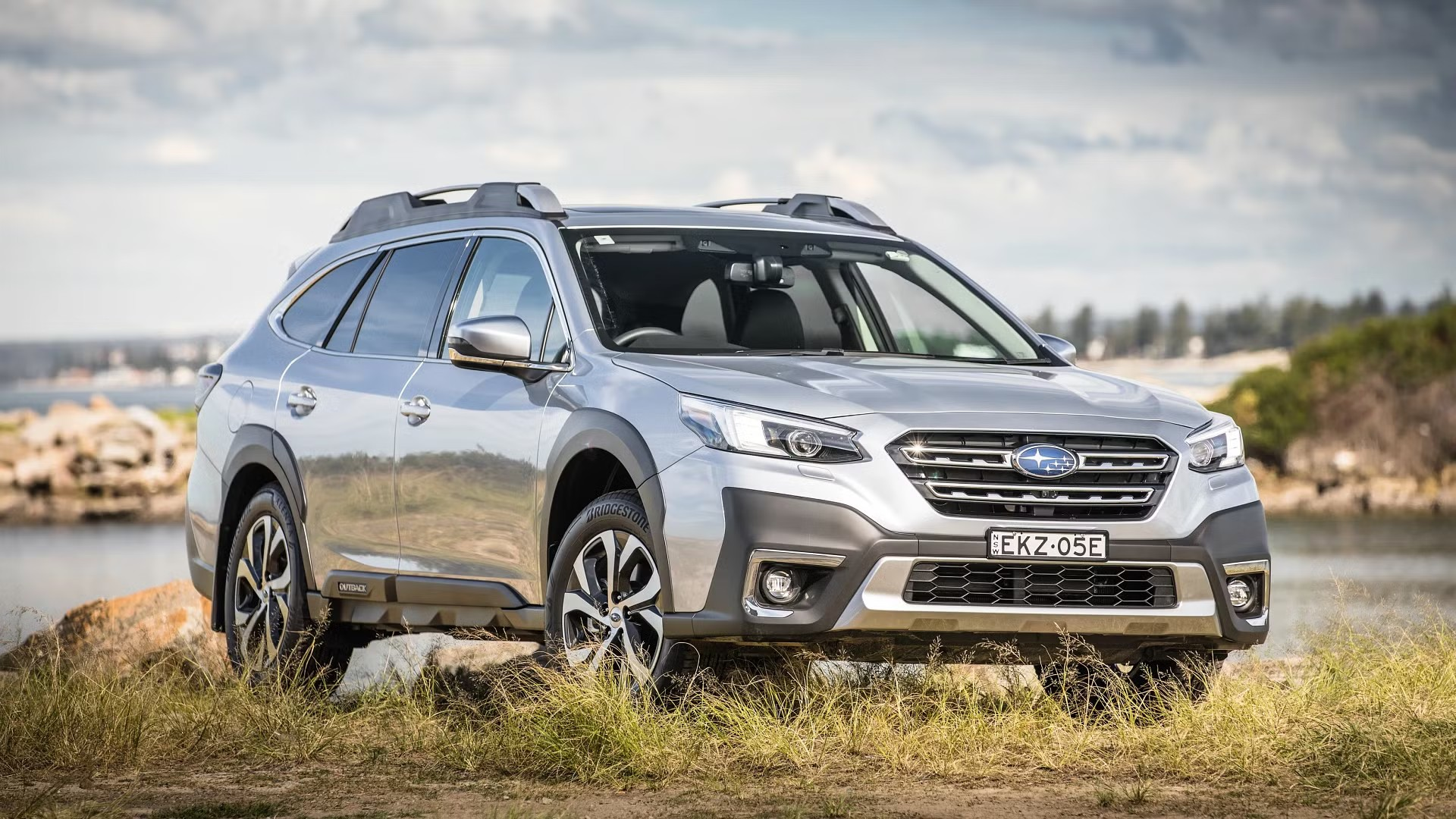
In the long run, Subaru's transformation aims to achieve sustainable growth. By importing from Japan, Subaru can introduce innovative technologies, such as hybrid or electric systems, more quickly to enhance product competitiveness. In the Southeast Asian region, Subaru will compete with brands like Toyota and Honda but focus on its differential advantages.
Subaru's goal is to increase the proportion of electric vehicles to 40% by 2030, and this plan will be gradually implemented. Although it faces challenges in the short term, such as the price increase potentially affecting sales, Subaru's global brand strength supports its position in the high-end niche market.
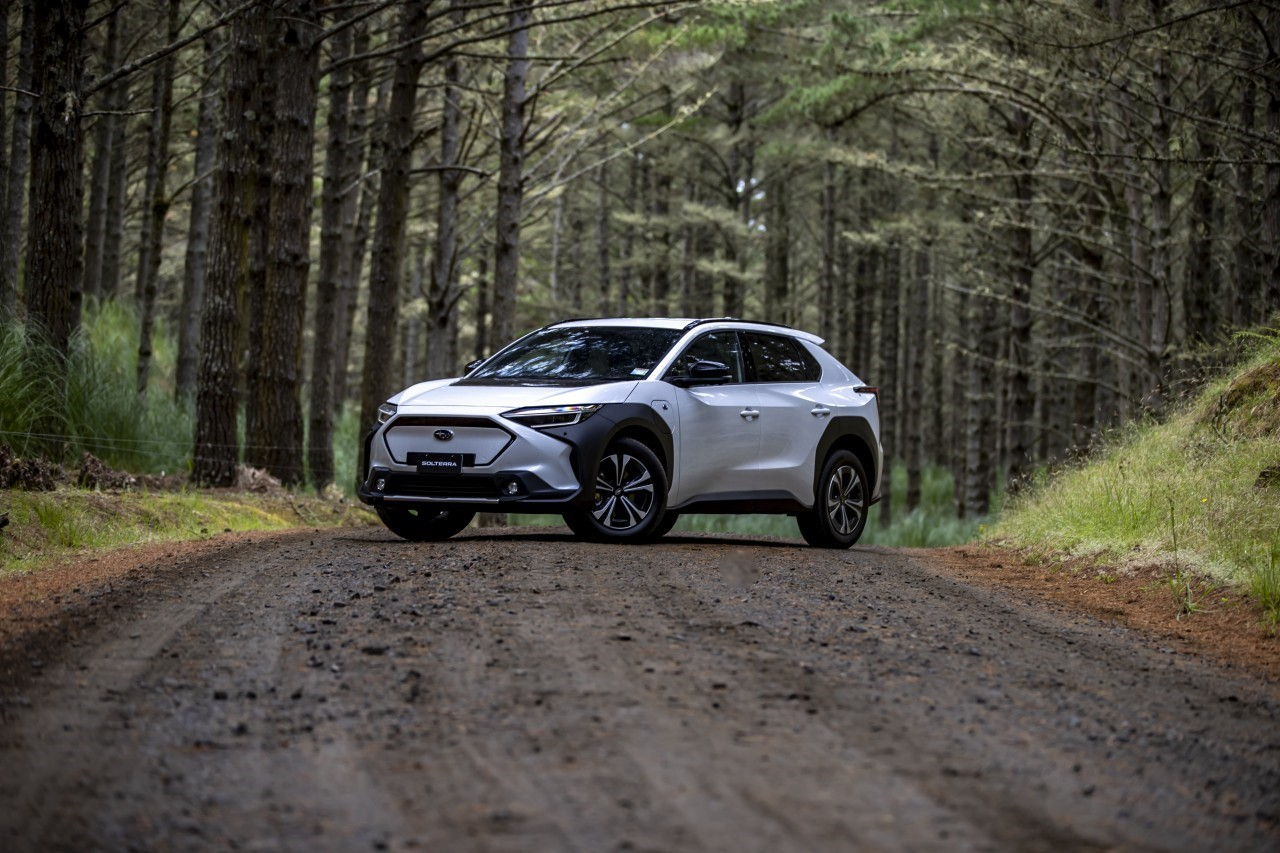
Consumer surveys show that users in Thailand and Malaysia have a high level of loyalty to Subaru, and many are willing to wait for the new models to be launched.
In conclusion, Subaru's suspension of production in Thailand is a strategic adjustment, not a retreat. The company is committed to strengthening the brand through the import strategy while ensuring employee welfare and consumer services. This decision reflects the dynamic changes in the automotive industry, and Subaru's ability to adapt quickly will bring long-term success in the Southeast Asian market. As new models are introduced from Japan, consumers can expect more advanced products. Although the price is slightly higher, the driving pleasure and safety commitment remain the same. Subaru's fan base will continue to support the brand and drive it forward in a highly competitive environment. In the future, Subaru plans to increase investment in the regional market, including expanding the dealer network and researching and developing electrification, to ensure sustainable development.
If any infringement occurs, please contact us for deletion
Trending News

Perodua Traz VS Ativa, which one is more worth buying?
Traz, as a newly launched mid-sized SUV, offers more spacious room and mainstream power compared to small SUVs, but its pricing appears slightly higher than that of Ativa. Ativa, on the other hand, is Perodua's long-time best-selling small SUV with more affordable pricing and a balanced combination of power and tech features.

Perodua Myvi and Bezza may undergo major upgrades in 2026
After the update, the Bezza will no longer be just a low-cost alternative but a core model in the Perodua system with greater market competitiveness and brand premium potential. The upgrade of the Myvi is not to be unconventional but to strengthen the brand and market, ensuring that the Myvi continues to maintain its irreplaceable position in the new round of product competition.

Perodua Traz VS Toyota Yaris Cross, where does the Traz fall short?
Before the official launch of the Perodua Traz, market expectations were actually very high because it shares the same DNGA platform as the Toyota Yaris Cross. However, sharing the same platform does not equate to the same experience, and the Traz's final performance has indeed been disappointing. Perhaps it is precisely because of the delayed launch that it has almost no competitiveness in the current competitive environment.

Will the Toyota Yaris Cross come to Malaysia? If it comes, how much will it sell for?
The launch of Perodua Traz indicates that the market size of small SUVs in Malaysia has been expanding in recent years. However, the question naturally shifts back to Toyota. As a brand with the most comprehensive product line and a strong foundation in both the SUV and hybrid sectors, will Toyota choose the Yaris Cross to participate in this small SUV competition?

Why is the Toyota Sienna so popular with so many people?
In Malaysia, most family MPVs choose Toyota Alphard, Vellfire, or Kia Carnival. These models each have their advantages in luxury, space, or brand influence, but models that truly balance large space, multifunctional practicality, fuel efficiency, and reliability are rarely seen.
Popular Cars
Model Year
Car Compare
Car Photo

